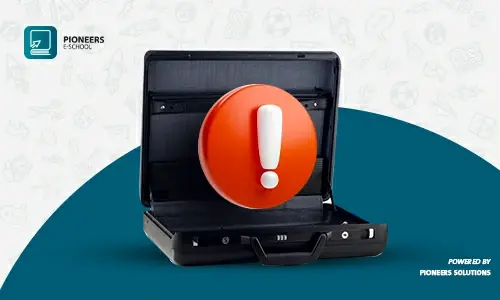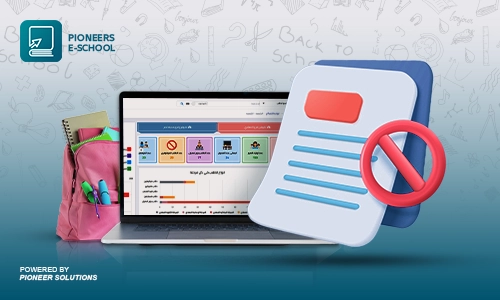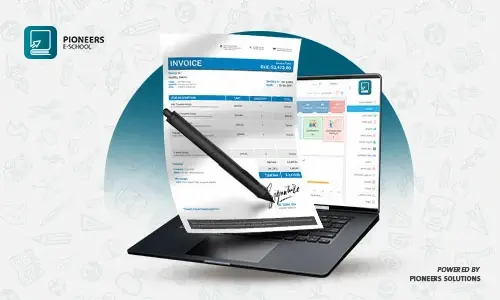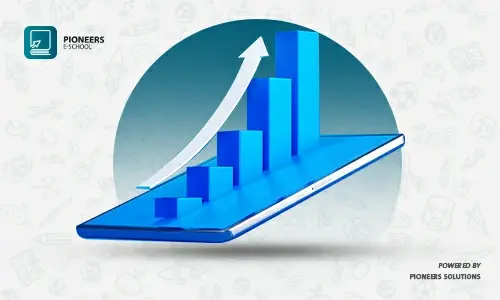Improving school performance is a major priority for students, teachers and parents. Good school performance reflects the quality of education and positively affects students’ academic and professional future. In this article, we will review effective strategies for improving school performance and how they can be applied to achieve the best results.
How to improve school performance
Improving school performance is the primary goal that all educational institutions strive to achieve. School performance represents a criterion for evaluating the quality of education and the level of interaction between students and teachers. By improving school performance, we can achieve an ideal learning environment that motivates students for academic excellence and personal growth. This improvement requires continuous assessment of the school reality, developing comprehensive strategic plans, providing continuous training for teachers, and encouraging innovation and positive competition. Here are the most important effective points for improving school performance:
- School reality assessment:Conduct a comprehensive assessment of the school to identify strengths and weaknesses.
- Develop plans:Develop development plans based on evaluation results to improve educational quality.
- Vocational training:Providing continuous training courses for teachers to enhance their professional skills.
- Encouraging competition:Stimulating positive competition between departments and students to raise the level of performance.
- Use of technology:Applying modern technological tools in education to enhance interaction and learning.
- Continuous follow-up:Regularly monitor performance and adjust plans based on new results.
Read also: A comprehensive guide to using technology in education
Strategies to improve school performance
1. Providing a stimulating educational environment
Providing a positive and stimulating learning environment that encourages students to learn and grow academically. This includes equipping classrooms with the necessary educational tools and providing appropriate study spaces.
2. Strengthening the role of the teacher
The teacher is the essential element in the educational process. Training teachers to use modern and interactive teaching methods can significantly improve student performance. Teachers must also provide ongoing, supportive feedback to students.
3. Motivating students
Motivating students is considered one of the most important factors for improving academic performance. This can be achieved by providing moral and material rewards to outstanding students, and organizing competitions and activities that encourage academic excellence.
4. Encouraging active participation
Active participation of students in the educational process enhances their understanding and comprehension of the academic material. Students can be encouraged to participate through questions, group discussions and group work.
5. Provide individual support
Every student has different learning needs. Providing individual and customized support to each student can help improve their academic performance. This can be achieved by offering additional lessons or counseling sessions tailored to each student.
6. Strengthening communication between the school and parents
Effective communication between the school and parents helps in monitoring students’ progress and identifying any problems they may face. This can be achieved through regular meetings and providing regular reports on students' performance.
7. Use of technology in education
Technology plays a major role in improving the educational process. The use of technological tools such as smart boards, educational applications, and electronic platforms can contribute to improving students’ understanding and comprehension. One of the best electronic platforms that can be relied upon in school management and e-learning is the Pioneers E-School system. You can request a trial version for free.
8. Time organization and study management
Teaching students how to organize their time and manage their studies effectively can improve their academic performance. Workshops can be organized on time management and given tips on how to prepare for exams.
9. Promoting mental and physical health
The mental and physical health of students greatly affects their academic performance. Schools must provide psychological support and health awareness programs to ensure students' balance and general health.
Improving school performance is not just a goal, but rather an ongoing journey that requires cooperation and commitment from all parties involved. Through continuous assessment, strategic planning, ongoing training, and use of technology, schools can achieve a stimulating learning environment that encourages academic excellence and personal growth for students. Adopting these strategies ensures achieving the best results and creating an integrated and developed school community.




Related Articles

2024-07-06
Mohamed Abdelsalam
Top 5 School Management Problems and Solutions
School management is considered one of the most important elements of the success of the educational process, as it greatly affects the quality of edu...

2025-02-02
Mohamed Abdelsalam
Eliminating Paper Chaos: How Pioneers E-School Transforms Registration and Attendance Processes Digitally
In many schools, reliance on paper records and manual procedures remains the norm, leading to wasted time and increased chances of errors. However, wi...

2024-08-15
Mohamed Abdelsalam
Guide e-invoice in schools with the steps you need to know
Electronic invoice and receipt system It is considered An innovative central system that enables the Tax Authority to follow up on all commercial tran...





